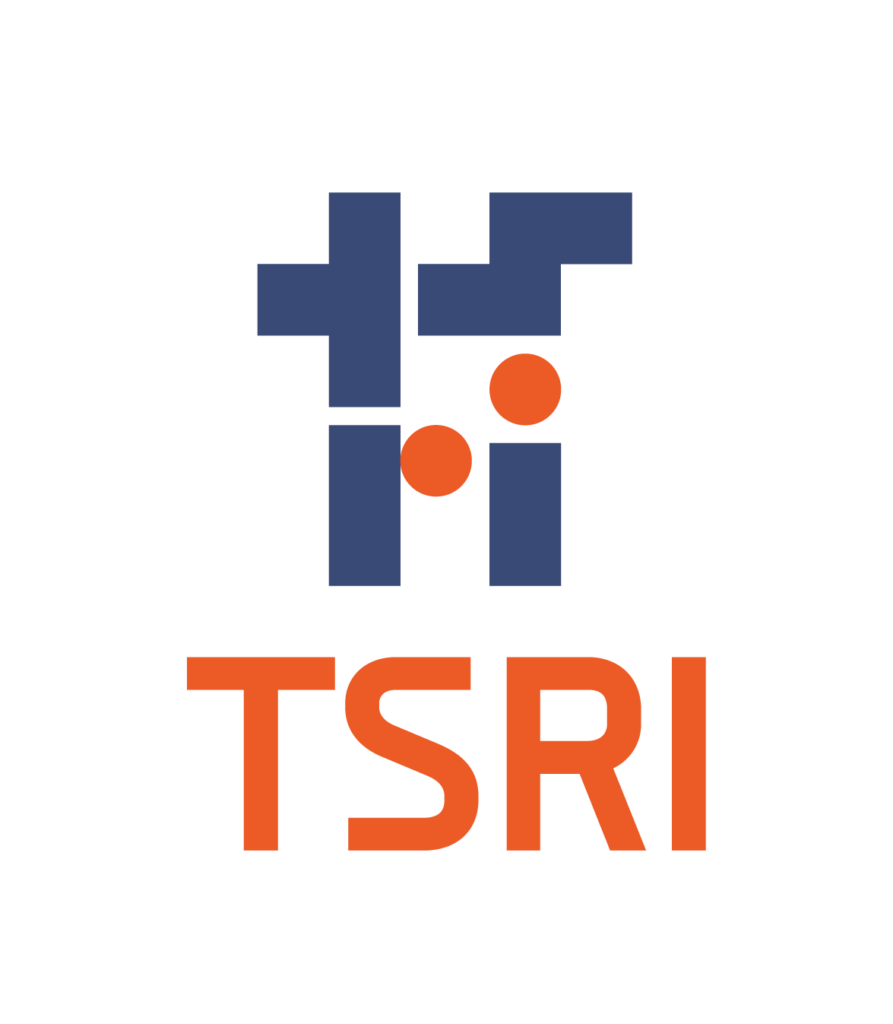Incidence of perioperative stroke in thoracic aortic surgical patients with deep hypothermic circulatory arrest
Keywords:
perioperative stroke, thoracic aortic surgery, deep hypothermic circulatory arrest (DHCA), โรคหลอดเลือดสมอง, การผ่าตัดหลอดเลือดเอออร์ตาระดับทรวงอกAbstract
Objective To identify the incidence of stroke, factors associated with stroke and the outcomes of patients undergoing thoracic aortic surgery with deep hypothermic circulatory arrest (DHCA)
Methods This retrospective study was conducted in 165 patients undergoing thoracic aortic surgery with DHCA from January 1, 2005 to December 31, 2013. The patients were identified as stroke, if there was a new event of neurological deficit that persisted for at least 24 hours after its onset; whether it was present after surgery, or developed after first emergence from anesthesia without a neurological deficit. Perioperative factors were reviewed for association with stroke, e.g. the American Society of Anesthesiologists (ASA), underlying diseases and main anesthetic techniques. Clinical status, and lengths of stay in the intensive care unit (ICU) and hospital were explored for patient outcomes.
Results Eighteen (11%) from 165 patients had perioperative stroke. Six factors from univariate analysis were significantly related to perioperative stroke, such as age >65 years, emergency cases and unstable hemodynamics on arrival at the operating room. However, no significant variable remained from multivariate analysis. The cross-clamp time was significantly longer among the group with stroke (p=0.046). The mortality rate was lower among stroke patients (6%) than no-stroke patients (10%), but not significantly different, p=0.529. The median lengths of ICU and hospital stays were significantly longer in the stroke group, when compared to the no-stroke group, p <0.001 and p <0.001, respectively.
Conclusions The incidence of perioperative stroke after thoracic aortic surgery with DHCA was 11%. Patients diagnosed as stroke stayed longer in the ICU and hospital than those without stroke










